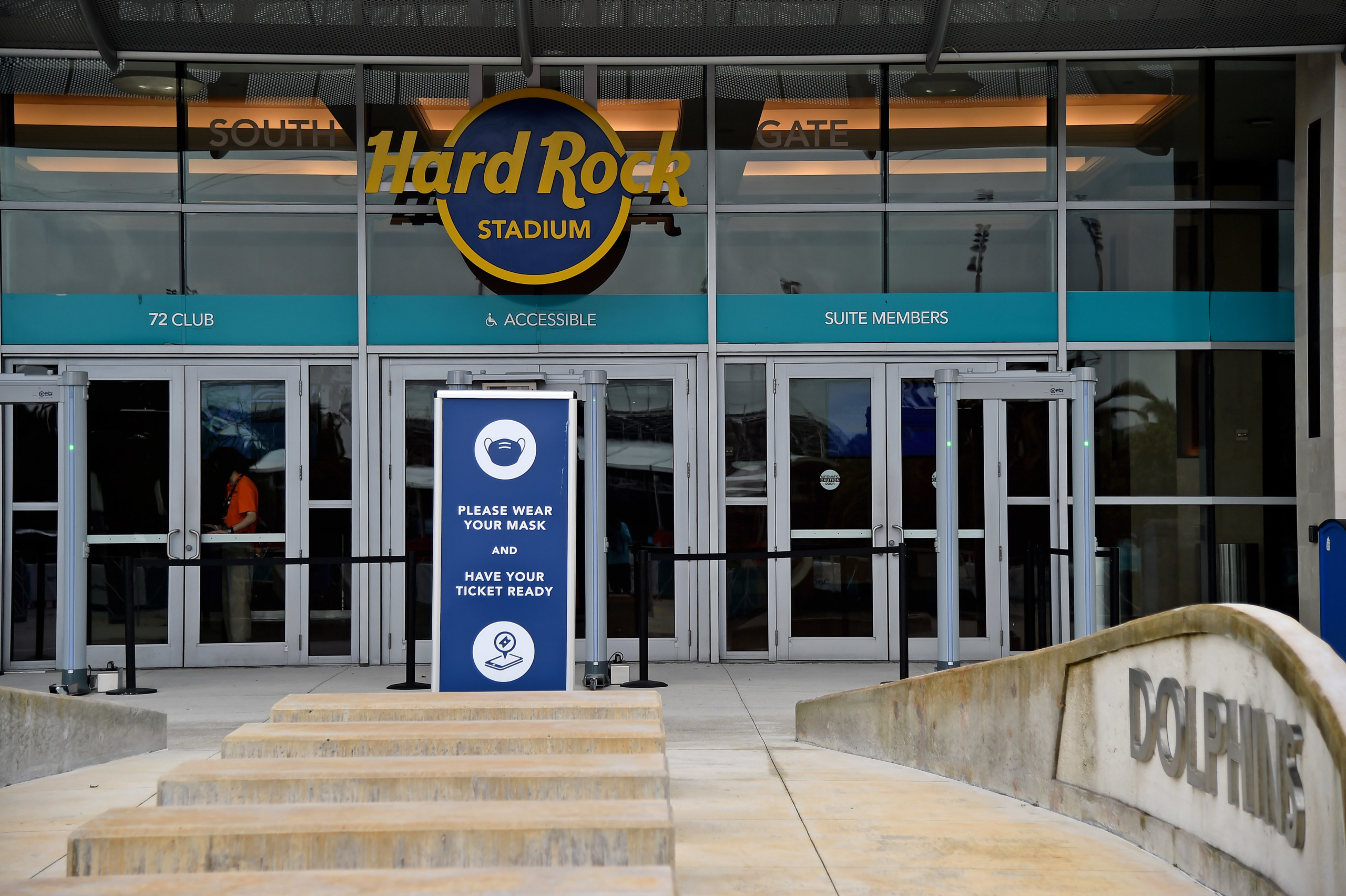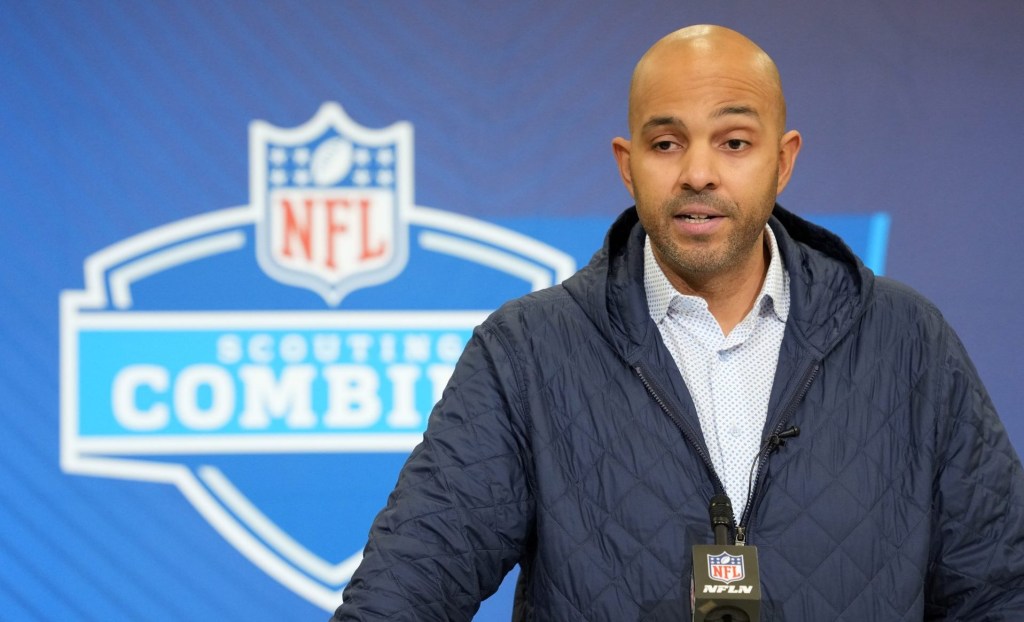In a unique year for sports, several organizations set fantastic examples for the rest of the industry by showing strong leadership and putting employee welfare first in the face of COVID-19.
Front Office Sports sat down with Jason Rose from FEVO and two leaders of winning organizations from 2020’s Best Employers in Sports — Fred Whitfield from the Charlotte Hornets and Jason Jenkins with the Miami Dolphins — to discuss how their organizations are keeping the focus on their employees, even in uncertain times.
On partnering on the Best Employers in Sports Awards (7:01)
Rose: “This is really about great organizations. Like Jason and the Dolphins and Fred and the Hornets who, just like FEVO, are putting their employees first and have all sorts of important cultural initiatives, employee initiatives, development initiatives, and care about work-life balance. These are all things that are super, super important to FEVO and we’re thrilled to be here.”
On navigating COVID-19 as organization (12:18)
Whitfield: “Our team is committed to doing everything we can to put the health and safety of our people first and it all starts with our owner [Michael Jordan]. He chose not to lay off anyone during the pandemic, furlough or cut anyone’s salary – that it’s all about our Hornet’s family. I think that certainly is something that our teammates inside the organization have truly appreciated, and it just shows what a commitment Michael has made not only to our organization, but to them personally, and to the Charlotte community.”
On opening up a dialogue with employees around diversity & inclusion (32:02)
Jenkins: “We created a diversity network and committee, along with the women’s network, which is made up of different people that are reflective of our organization – race, age, gender, sexual orientation, identity, ability and faith. We said ‘let’s look and see if there are things we could be doing better and let’s be open and honest and transparent about what we want to do’ to not only move these conversations forward, but just be intentional about the acts we want to create to make a difference within the organization and in the community.”
On work-life balance in a traditional non-work-from-home industry (47:52)
Whitfield: “It’s critically important that we keep our people first and understand that everyone has a different situation at home to deal with and take care of. They may have elderly parents, kids, and a lot of other obligations that they’re committed to and making sure that as long as they’re doing what we need them to do to keep our organization going, first, let’s keep them and their work life balance in a place that they feel valued.”






![[Subscription Customers Only] Jun 15, 2025; Seattle, Washington, USA; Botafogo owner John Textor inside the stadium before the match during a group stage match of the 2025 FIFA Club World Cup at Lumen Field.](https://frontofficesports.com/wp-content/uploads/2026/02/USATSI_26465842_168416386_lowres-scaled.jpg?quality=100&w=1024)
![[Subscription Customers Only] Jul 13, 2025; East Rutherford, New Jersey, USA; Chelsea FC midfielder Cole Palmer (10) celebrates winning the final of the 2025 FIFA Club World Cup at MetLife Stadium](https://frontofficesports.com/wp-content/uploads/2026/02/USATSI_26636703-scaled-e1770932227605.jpg?quality=100&w=1024)







